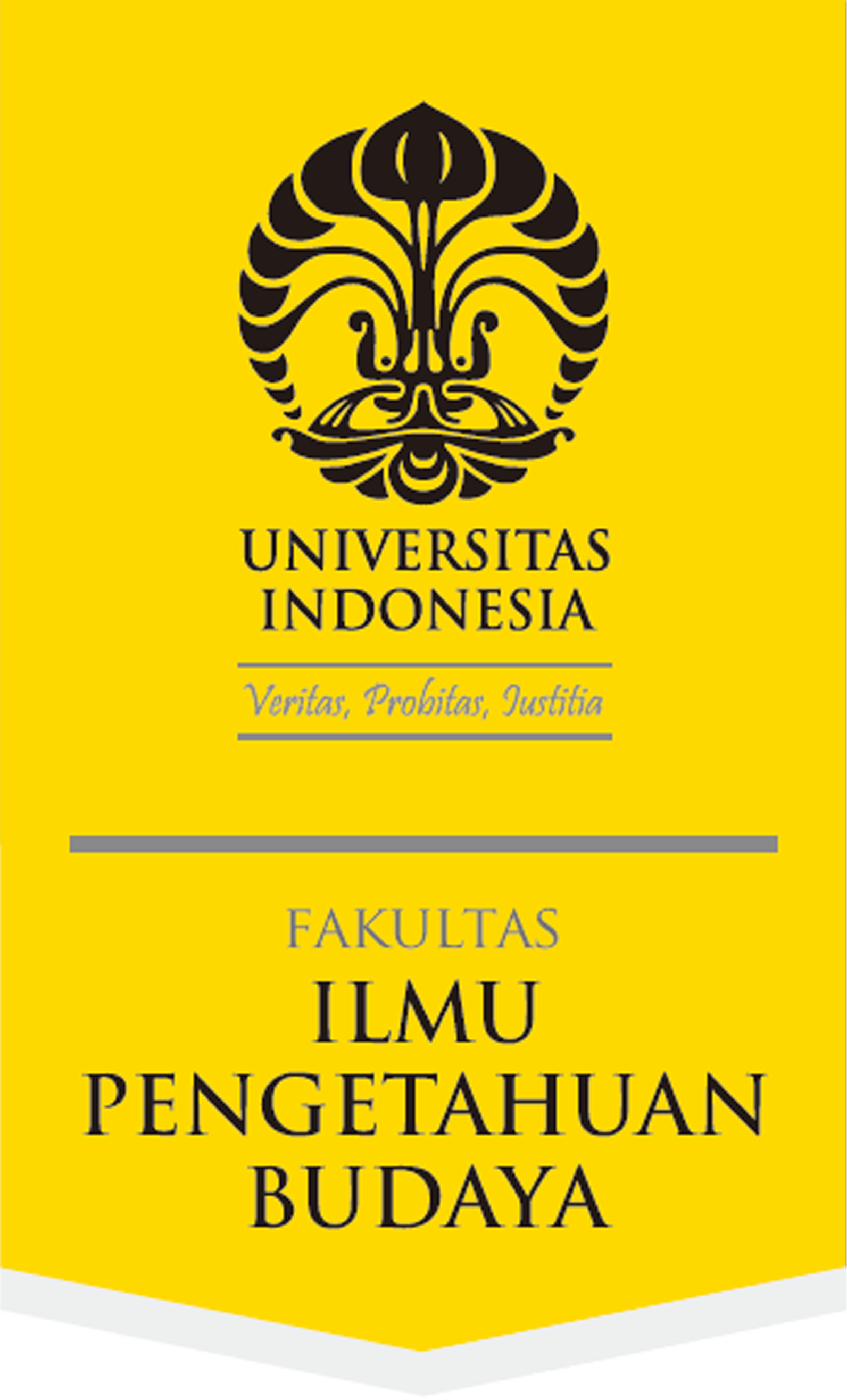Abstract
Nation as a cultural-psychological phenomenon is best understood in terms of how a sense of nationhood operates in order to construct social identities or a social imagination about the modern nation-state (Anderson 1983). The forging of nationalism as a national identity cannot be seen in isolation of the rise of modernization and industrialization (Gellner 1987). Although the nation appears to be a modern phenomenon, Smith (1991) stresses that every nation preserves its own past historical artefacts, narratives, and symbols for present-day needs. This model needs to be elaborated further as it is insufficient to understand how a sense of nationhood operates among borderlanders of a state. This paper relates the story of Kalimantan's Iban borderlanders who are officially registered as Indonesian subjects but live on the dividing line between two countries. This makes them appear to be ambiguous subjects who are torn between the two different historical timelines of British and Dutch colonial history (as well as postcolonial Malaysian-Indonesian history). They are marginalized in every aspect and are the forgotten subjects in the history of the broader picture of Indonesia's so-called nationalism project. The explanation is twofold. The first explains how identity is constructed as multi-layered historical narratives involving local and national cultures, and second, how transnational borderlanders give meaning to nation as narrative. The primary data for this article were collected in 2002 through a series of interviews in the village of Benua Sadap, an Iban settlement on the Batang Kanyau River, close to the West Kalimantan (Indonesia) and Sarawak (Malaysia) borderline.
References
Andaya, Barbara W. and Leonard Y. Andaya. 2001. A history of Malaysia. Second edition. Basingstoke: Palgrave.
Anderson, Benedict R.O. 1991. Imagined communities; Reflections on the origin and spread of nationalism. Revised edition. London: Verso. [First edition 1983.]
Bhabha, Homi K. 1990. Nation and narration. London/New York: Routledge.
Eriksen, Thomas H. 2007. Globalization; The key concepts. Oxford/New York: Berg.
Escobar, Arturo. 2001. “Culture sits in places; Reflections on globalism and subaltern strategies of localization”, Political Geography 20: 139-174.
Freeman, Derek. 1958. “The family system of Iban Borneo”, in: J. Goody (ed.), The developmental cycle in domestic groups, pp. 15-52. Cambridge: Cambridge University Press. [Published for the Department of Archaeology and Anthropology at the University Press.]
Freeman, Derek. 1970. Report on the Iban. London: Athlone Press.
Gellner, E. 1987. Nations and nationalism. Cornell: Cornell University Press.
Ghuang, J.J. 1999. “Iban migration into Sarawak”. [Manuscript.]
Heiddeger, Martin. 1998. “Phenomenology; Building, dwelling, thinking”, in: N. Leach (ed.), Rethinking architecture; A reader in cultural theory, pp. 98-109. New York: Roudledge.
Hobsbawm, Eric J. and Terrence O. Ranger. 1983. The Invention of tradition. Cambridge/New York: Cambridge University Press.
Horstmann, Alexander. 2002. “Incorporation and resistance; Border-crossings and social transformation in Southeast Asia (review article)”, Antropologi Indonesia 67: 12-28.
Hubbard, P., R. Kitchin, and G. Valentine. 2004. Key thinkers on space and place. London, Thousand Oaks: Sage.
Low, Hugh. 1968. Sarawak: its inhabitants and productions; Being notes during a residence in that country with His Excellency Mr. Brooke. First edition. London: Cass.
Lumenta, Dave. 2004. “Have the seeds of dayakism blossom on the ground?”. Paper, International Workshop on “Contested Nationalisms and the New Statism”, Penang, 3 September. [Draft: The Indonesian nation-state project, developmentalism, and ethnicity in Indonesian Borneo.]
Pilger, John. 2002. The new rulers of the world. London: Verso.
Reid, Anthony. 1985. “A book review of Benedict Anderson (1983), Imagined communities; Reflections on the origin and spread of nationalism”, Pacific Affairs 58(3): 497-499.
Richards, Anthony. 1988. An Iban-English dictionary. Petaling Jaya: Fajar Bhakti Sdn. Bhd.
Ricoeur, Paul. 1991. “Life, a story in search for a narrator”, in: M. J. Valdes (ed), Ricoeur reader; Reflection and imagination, pp. 425-437. Toronto: University of Toronto Press.
Sandin, Benedict. 1994. “Sources of Iban traditional history”, The Sarawak Museum Journal 46(67). [Edited by Clifford Sather; Special Monograph No. 7.]
Smith, Anthony D. 1987. The ethnic origins of nations. Oxford/New York: Blackwell. Smith, Anthony D. 1991. National identity. Reno: University of Nevada Press.
Smith, Anthony D. 2001. “Authenticity, antiquity and archaeology”, Nations and Nationalism 7(4): 441-449.
Smith, Anthony D. 2004. The antiquity of nations. Cambridge, UK, Malden, MA: Polity.
Somers, Margaret R. and Gloria D. Gibson. 1994. “Reclaiming the epistemological ‘other’; Narrative and the social construction of identity”, in: C. Calhoun (ed.), Social theory and the politics of identity, pp. 37-99. Cambridge, MA: Blackwell.
Recommended Citation
Pirous, Iwan Meulia
(2011)
"Contested meaning of the nation-state through historical border narratives; A case study of the Batang Kanyau Iban, West Kalimantan,"
Wacana, Journal of the Humanities of Indonesia: Vol. 13:
No.
1, Article 7.
DOI: 10.17510/wjhi.v13i1.13
Available at:
https://scholarhub.ui.ac.id/wacana/vol13/iss1/7









